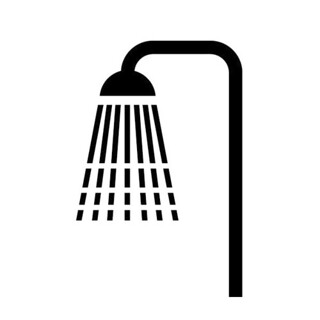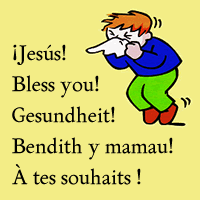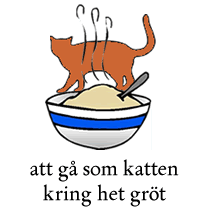An interesting Dutch word I learnt recently is goedkoop [ɣutˈkoːp], which means cheap, inexpensive or affordable. It comes from goed (good) and koop (for sale, buy, purchase), so literally means “good buy/purchase” [source].
Incidentally, the English word cheap comes from the Old English cēap (cattle, purchase, sale, traffic, business, bargain), from the Proto-Germanic *kaupaz/*kaupô (inn-keeper, merchant), from *kaupōną/*kaupijaną (to buy, purchase), from the Latin caupō (tradesman, innkeeper), which is the same root as the Dutch koop, and related words in other Germanic languages, such as Kauf (sale, purchase, buy) in German, and köp (purchase) in Swedish [source]
The diminutive of koop is koopje, which means bargin, (a) steal or cheap, and in Belgium it means a sale.
Related words include:
- kopen = to buy, acquire, purchase, take over
- koopavond = late opening, late-night shopping
- koophandel = commerce
- koopjesperiode = seasonal sales
- koopkracht = purchasing/buying power
- kooplieden = dealers, merchants
- koopman = merchant, businessman
- koopmanschap = business, commerce, trade
- koopwaar = merchandise, wares
- koopwaardig = worthy to buy
- uitverkoop = (a) sale, sell-off
- verkopen = to sell
- koopziek = shopping addiction, shopaholism
- miskoop = a bad buy
- een kat in de zak kopen = to buy a pig in a poke (“to buy a cat in a bag”)
Source: bab.la
I like all these Dutch words with double vowels, and there are plenty of them – they look and sound quite cute to me. The title of this post means “nice bargins”, by the way.









